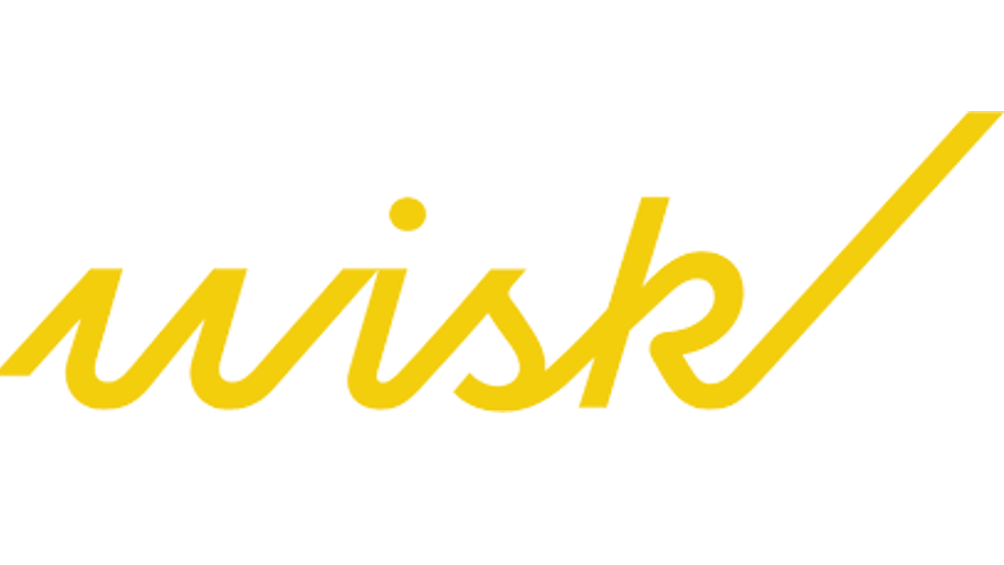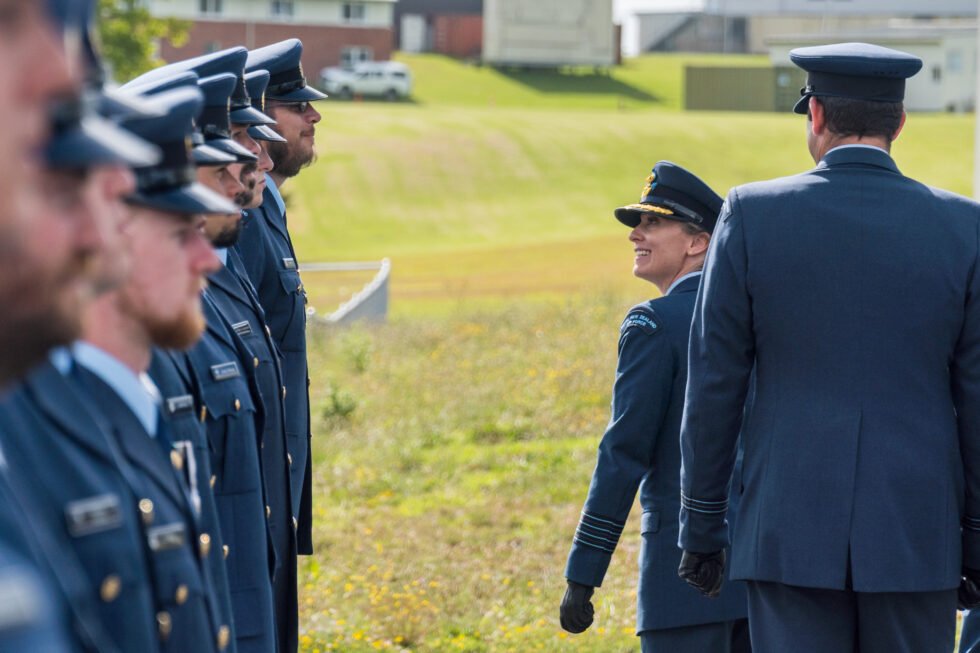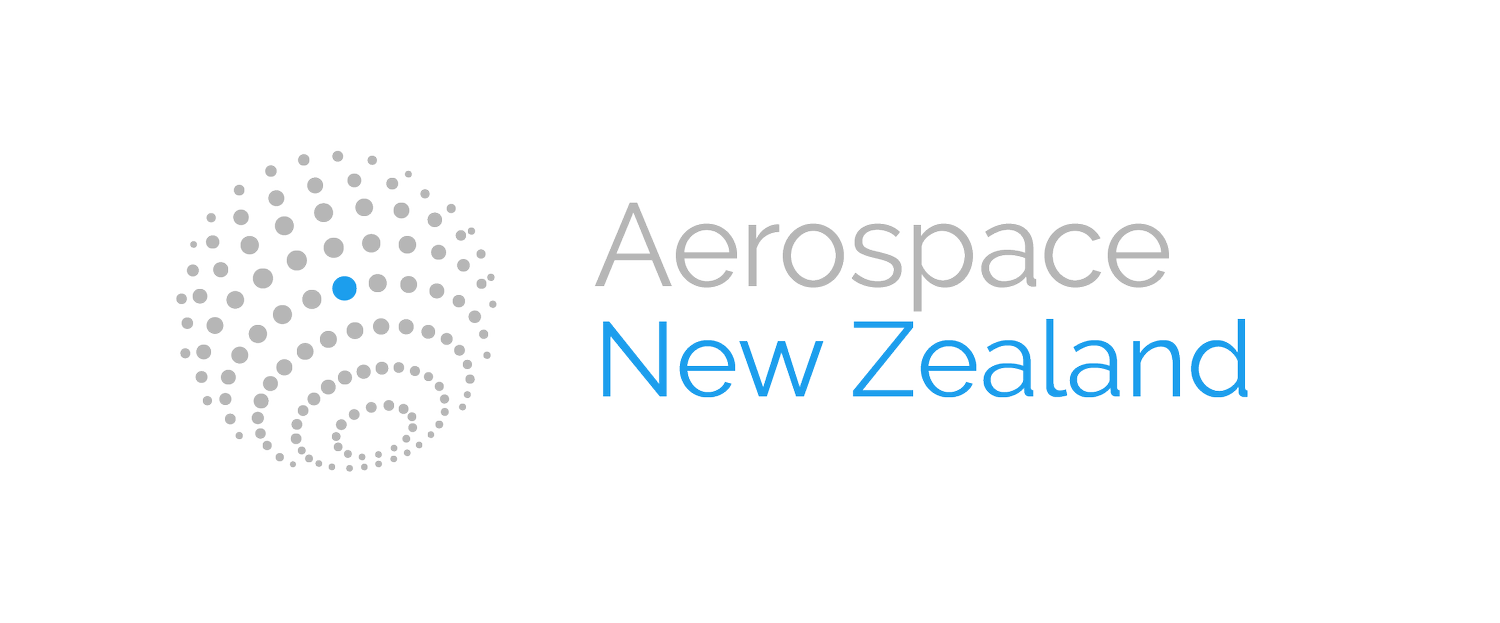Changing The Way We Travel with Wisk’s Catherine MacGowan
Making sustainable flight a reality for everyday life, Wisk is shaping the future of how we travel. Catherine MacGowan, Wisk’s new Asia Pacific Region Director, tells us about her aerospace journey, the impact of a strong innovation ecosystem, and what the future might hold.
Can you tell me a bit about what led you to the role you’re in today?
I’ve joined Wisk after twenty years as part of the Air Force and public sector. During that time, I held a range of roles, from patrolling our oceans as a P3 Orion Navigator, supporting the development of intelligence capabilities at the Ministry for Primary Industries and the Defence Force, to working on the integration of new aircraft fleets into our Air Force. Aerospace has been a huge part of that journey, and what I have especially valued is seeing the way that process innovation combines with technological advancement to achieve more.
Can you tell me about your role at Wisk?
Wisk is about creating safe, sustainable, everyday flight for everyone. To deliver on that, we are working with our teammates around the world on our 6th generation aircraft – which will be the first certified self-flying, all-electric, air taxi. But for advanced air mobility to make a difference in our communities, we need infrastructure and systems that enable autonomous flight – which is a significant change from the status quo. So we work closely with MBIE, CAA and other partners to develop the airspace integration procedures that will help make this possible.
Specifically, my day typically involves working across time zones with the Wisk Executive Team, our team members here in the Asia Pacific region, and engaging with groups ranging from local schools to industry stakeholders.
What do you enjoy most about your work?
People. The most amazing part of any role is seeing what teams can achieve when they work together on complex problems. Creating a new way of moving people around means that we are innovating every day on different aspects of our aircraft and its systems. It’s a privilege to support our teams while they work on these challenges. More broadly, we are lucky to be part of the aerospace community in New Zealand that supports each other in growing New Zealand’s role as a leader in aerospace and a great place to do this work.
What are some of the challenges you face in your work?
The development and certification of all-electric aircraft and all-electric eVTOL aircraft is a big challenge for the industry. It’s great to see a range of companies developing and deploying these platforms, but the bigger challenge for us is autonomy. Autonomy is not only a significant technical advancement, but it requires a change in how we regulate and control air traffic. That means thinking differently about how our transport networks will come together in the future.
What are you looking forward to in your future career?
In the near future, I’m working towards building Wisk’s presence in the Asia Pacific region. This will bring a range of opportunities to our communities and our industry, and highlight the value of our region to aerospace innovation. And I’m hoping to support more diversity in our industry. To create our future, we are putting some really hard problems in front of engineers, technicians, and other specialists. We need everybody to show up for this challenge, so I’m hoping to support efforts to remove any barriers to participation.
What do you see as big growth opportunities in Canterbury in the aerospace sector?
It’s really exciting to see the contributions that Canterbury has made to aerospace innovation in recent years. Companies have shown that space launches, electric flight, long-endurance, and autonomy are accessible technologies. The next step is working across communities and sectors to connect these technologies to the ways that we want to live in the future.
Why do you think Canterbury is an ideal location for an aerospace hub?
Aerospace needs an ecosystem to support it – no company stands alone when innovating. This includes partners who are open to new ways of working together, geography and airspace that are accessible for aviation and space operators, and a spirit of innovation. These things are firmly part of the Canterbury landscape, and I’m so impressed with the support that innovators provide each other.
How do you see your role, and the aerospace sector, changing in the next 10 years?
Our industry is critical for Aotearoa’s decarbonisation goals, and the core changes for both my role and the sector will be continuing to move towards a carbon-neutral status quo. Aviation is responsible for 14% of New Zealand’s CO2 emissions, and as a region, Canterbury contributes to 14.2% of New Zealand’s carbon footprint, the second-highest emitting region.
Companies like Wisk, and the sector more broadly, have an opportunity to not only create an industry that has the potential to fundamentally change everyday life but to do so in a way that is environmentally responsible. This type of opportunity hasn’t been seen since the beginning of aviation itself – and echoes what we are seeing with land-based transport.



